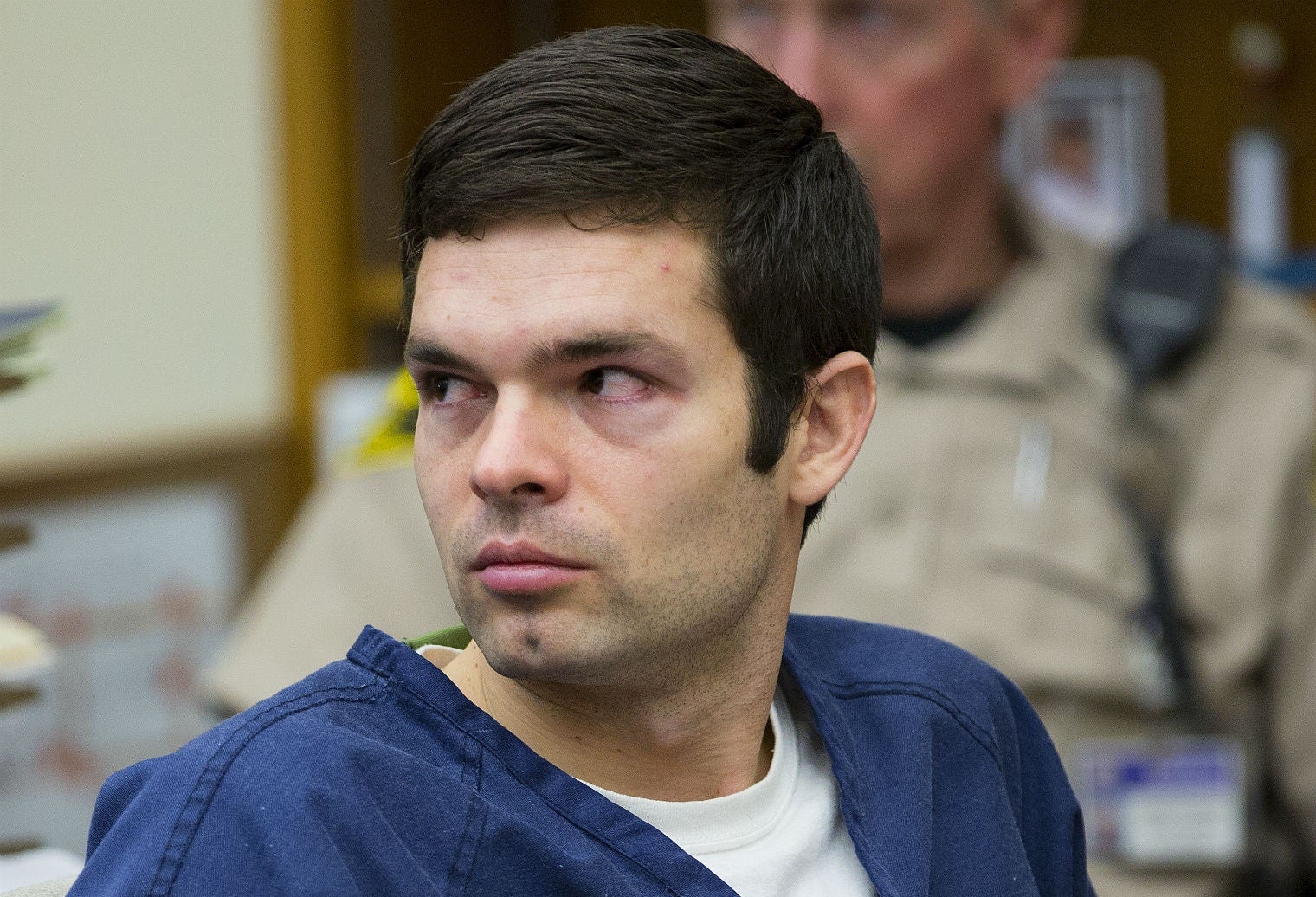Revenge porn illegal in England and Wales under new law bringing in two-year prison terms
Today is the first time there has been a specific law banning it in Britain

Your support helps us to tell the story
From reproductive rights to climate change to Big Tech, The Independent is on the ground when the story is developing. Whether it's investigating the financials of Elon Musk's pro-Trump PAC or producing our latest documentary, 'The A Word', which shines a light on the American women fighting for reproductive rights, we know how important it is to parse out the facts from the messaging.
At such a critical moment in US history, we need reporters on the ground. Your donation allows us to keep sending journalists to speak to both sides of the story.
The Independent is trusted by Americans across the entire political spectrum. And unlike many other quality news outlets, we choose not to lock Americans out of our reporting and analysis with paywalls. We believe quality journalism should be available to everyone, paid for by those who can afford it.
Your support makes all the difference.Revenge porn is now illegal in England and Wales and anyone spreading it online can be jailed for up to two years.
There was no specific law banning it until today and campaigners hope that the new legislation will deter people from posting sexual photos and videos on the internet without consent.
The phenomenon, which has become more widespread with the rise of smartphones, usually involves men and boys sharing explicit images of former girlfriends after a break-up.

Singer and former X Factor judge Tulisa Contostavlos became a victim in 2012, when ex-boyfriend Justin Edwards put a sex tape recorded during their relationship online.
Last year’s “Fappening” – a huge hack of celebrities' mobile phones – also generated public and political support for new laws to stop images being spread without women’s consent.
Jennifer Lawrence and Kirsten Dunst were among those to have private pictures stolen, although the hackers did not appear to be acting in “revenge”.
Campaigner Hannah Thompson, a 22-year-old who became a victim of revenge porn two years ago, said the law was “a huge step forward”.

She discovered her ex-boyfriend had been posting photos of her taken when she was 18 on a blog, months after they split in what she believed was an amicable break-up.
“I spent months agonising over it and believing that it was my fault,” she said.
“This new law, along with the advice helpline, empowers victims and clearly displays that they are not at fault.
“I hope all these changes provide victims with a route to justice and aid them in getting their images taken down.”
She said “a culture that people could post sexual images without consent, and just get away with it” is finally beginning to change.

The offence has been created in the Criminal Justice and Courts Act, which criminalises the distribution of private and sexually explicit photos or videos without the consent of the person featured and “with the intention of causing that person distress”.
The Prime Minister supported the law during a debate in the House of Commons in July, calling revenge porn a “dreadful” and “appalling offence” that “clearly has criminal intent”.
Previously, the Protection from Harassment Act 1997, parts of the Communications Act 2003 and the Malicious Communications Act 1988 had to be relied upon by prosecutors attempting to press charges.
The first statistics on the prevalence of revenge porn, obtained by the Press Association last year, showed children as young as 11 have been victims, with their perpetrators often evading justice.

There were 149 allegations of crimes involving revenge pornography during the two and a half years to September 2014, according to the eight police forces in England and Wales who collect data on it.
Women made up the vast majority of victims and only six incidents resulting in any sort of police caution or charge.
Dr Fiona Vera-Gray, prevention manager with the End Violence Against Women coalition, said legislation was only one part of the action needed to stop revenge pornography.
“Prevention, beginning with age-appropriate sex and relationships education in schools, is key to begin changing the attitudes that support forms of sexual violence”, she added.
Additional reporting by Press Association
Join our commenting forum
Join thought-provoking conversations, follow other Independent readers and see their replies
Comments